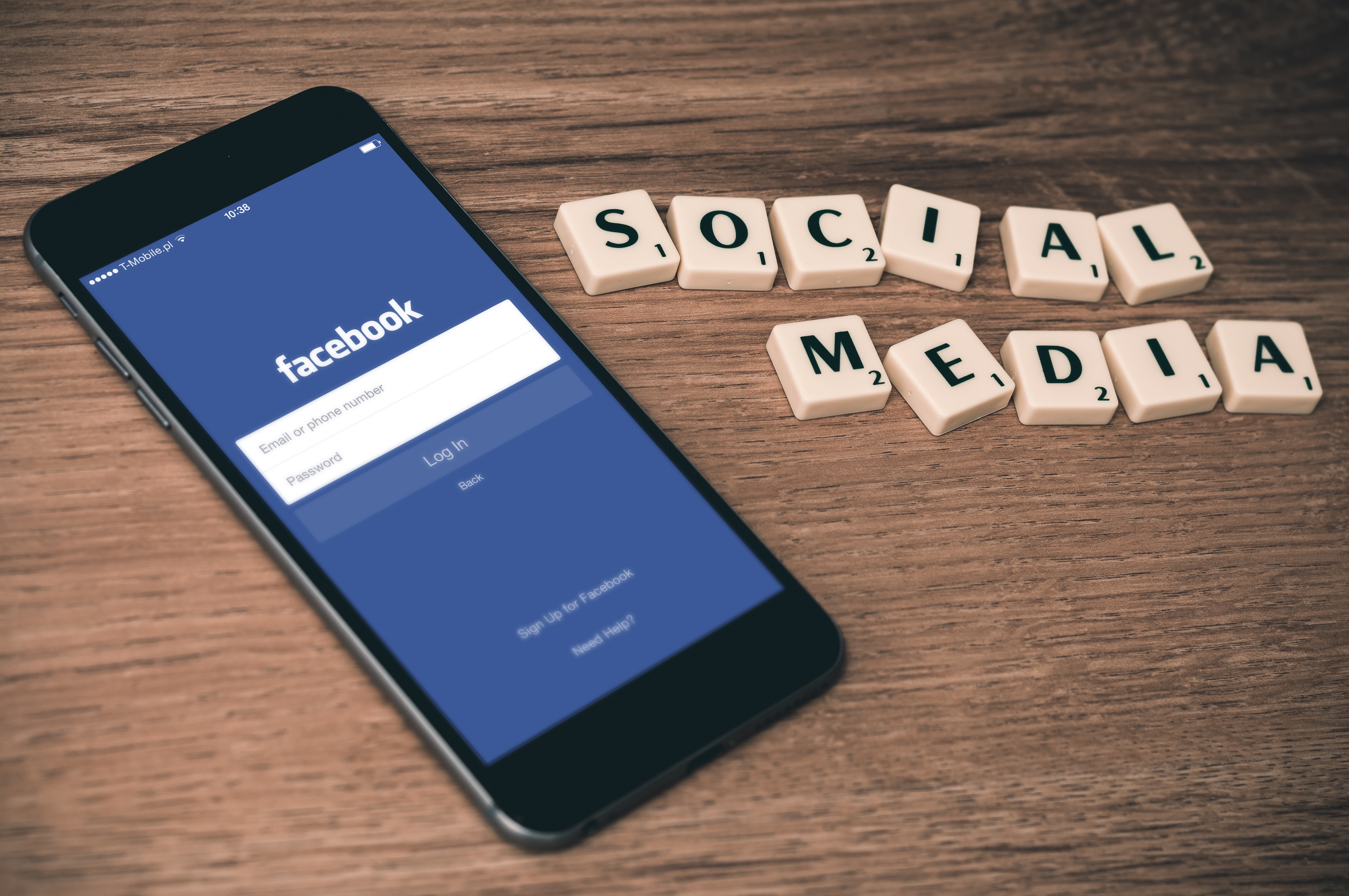Why do top IT leaders often say that no one should care about privacy anymore?
Here is a good sample of technology leaders' positions
None of this might matter much to you if you hold or engage in mainstream views and activities.
But imagine being someone whose views, marital status, religion, and/or beliefs puts them out-of-step with their neighbors or co-workers.
What really happens when those views are shared through a Facebook ‘like’, a retweet or a virtual slip-of-the-tongue in an online comment.
Facebook violates your privacy when think you are in control
Zuckerberg wants you to believe you decide who sees your content when, in fact, Facebook makes your privacy decisions for you.
If you share with Facebook, the service then exposes your views to others that will judge you with effects you never intended.
How much of an illusion is that sense of control over who gets to see what you’ve shared?
I argue the that your control over your information is a total and complete illusion.
Companies already know enough about you that is not overtly social
that they know and use your sensitive information without consent.
None of this data comes with even the limited social sharing controls offered by Google or Facebook.
For example, Target knows by data-mining your purchase history
when you might be expecting a baby.

Photo credit: William Iven on Unsplash
Making the Private Public
Clearly many of us remain comfortable with sharing deeply private information and viewpoints online even when conscious
of the risks placed on our social and work prospects.
This serves Facebook as they trade your illusion of control over your data for
their actual control; to Facebook's significant profit of $1billion in 2016.
This is the minimum value of your privacy.
If you are still on the fence about the value of your privacy, let us put more online; or “on-the-line” because that sums up what is at stake.
Less Control through Fewer Options
Our access to city, state, and national government services is increasingly through your computer. Cost savings plus convenience seems great.
Your bank is increasingly going to assume that you will use a computer for almost all bank transactions.
Naturally banks will make it hard and/or expensive to use a
teller.
Online commerce is increasingly owned by Amazon
Let us cheer the end of standing in line at the bank during lunch hour.
But online commerce is increasingly owned or vulnerable to Amazon which is showing interest in banking.
Amazon will render credit scores laughably incomplete using your complete financial and shopping history.
Banks will struggle to compete and demand an Amazon-like consumer profile from you or refuse to extend credit.
With this deeply personal data in more places expect more Equifax-like breaches
with abuse of your data for modern forms of redlining
and, of course, identity theft.
You Are Out There and They Are Coming
You put a lock on your home to secure your computer from burglars.
The Internet means a world of online burglars (i.e. hackers) can test your digital ‘doors’.
Furthermore, the ‘doors’ to your data are handled by your government, bank, and health care provider.
There are many recent data breaches; here are a few of the most significant:
That data is poorly secured and vunerable to criminals who prey on victims of lost privacy.
It is just a matter of time before you are digitally violated
It should now be clear that reliquishing our privacy and sharing our data online has unintended consequences beyond easy access to services and cost savings.
Now everything we usually consider private and sensitive: our money, our medical records, our identities and our thoughts and lifestyle choices are online
and on-the-line.

Photo credit: Kristina Flour on Unsplash
Understand Your Exposure
You can get a sense of whether your privacy has been violated by supplying your email address to HaveIBeenPwned
or answering this NYTimes questionnaire.
For 10’s of percentages of Americans the answer is emphatically – yes – their data has to varying degrees been compromised; and this is just the known breaches.
Its anyone’s guess how many breaches are suppressed and hidden.
Why?
The natural question is: why is this still happening and what will it take to bring a solution?
In my next article I will argue your privacy is worth a lot more but only you, not Facebook, can capture that value.